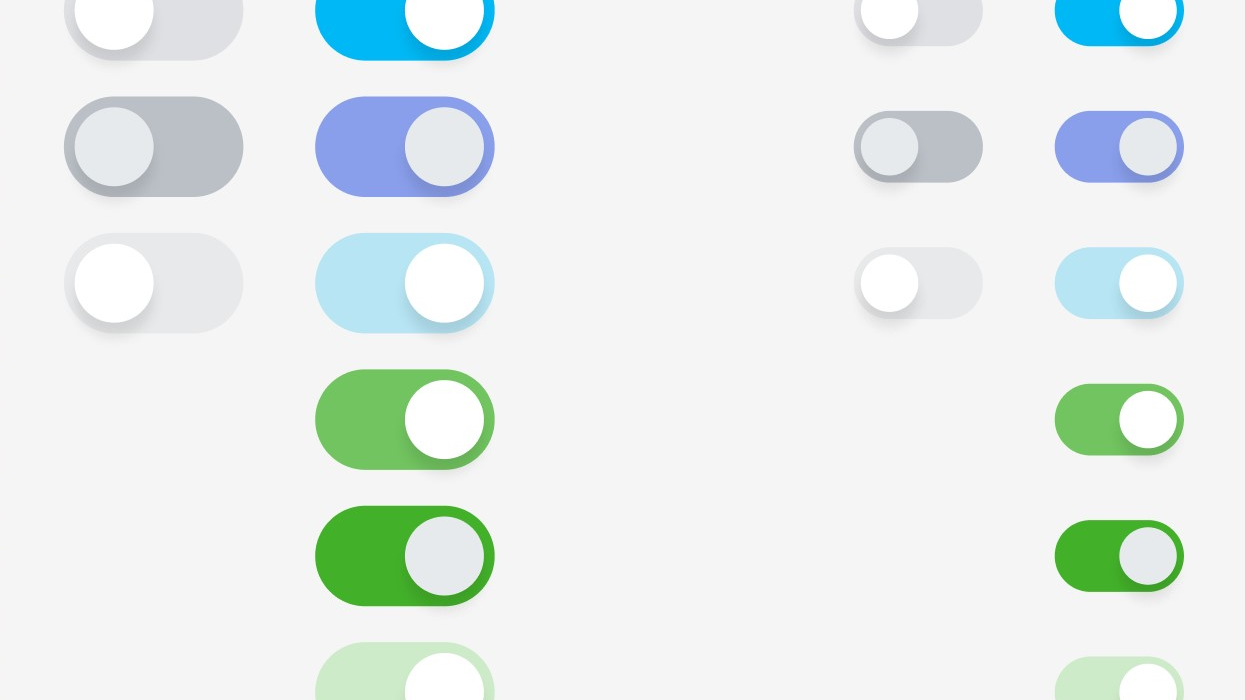BURNOUT is an educational roleplaying game for parents of university students, designed to raise awareness about academic stress. BURNOUT leverages narrative empathy to allow players to step into the shoes of "Me," an unnamed undergraduate student, and experience a typical day filled with academic pressure, overwhelming deadlines, and time management struggles. Players will encounter relatable scenarios that highlight the emotions of students grappling with unfulfilled efforts and parental expectations. To try the game, click on this link.

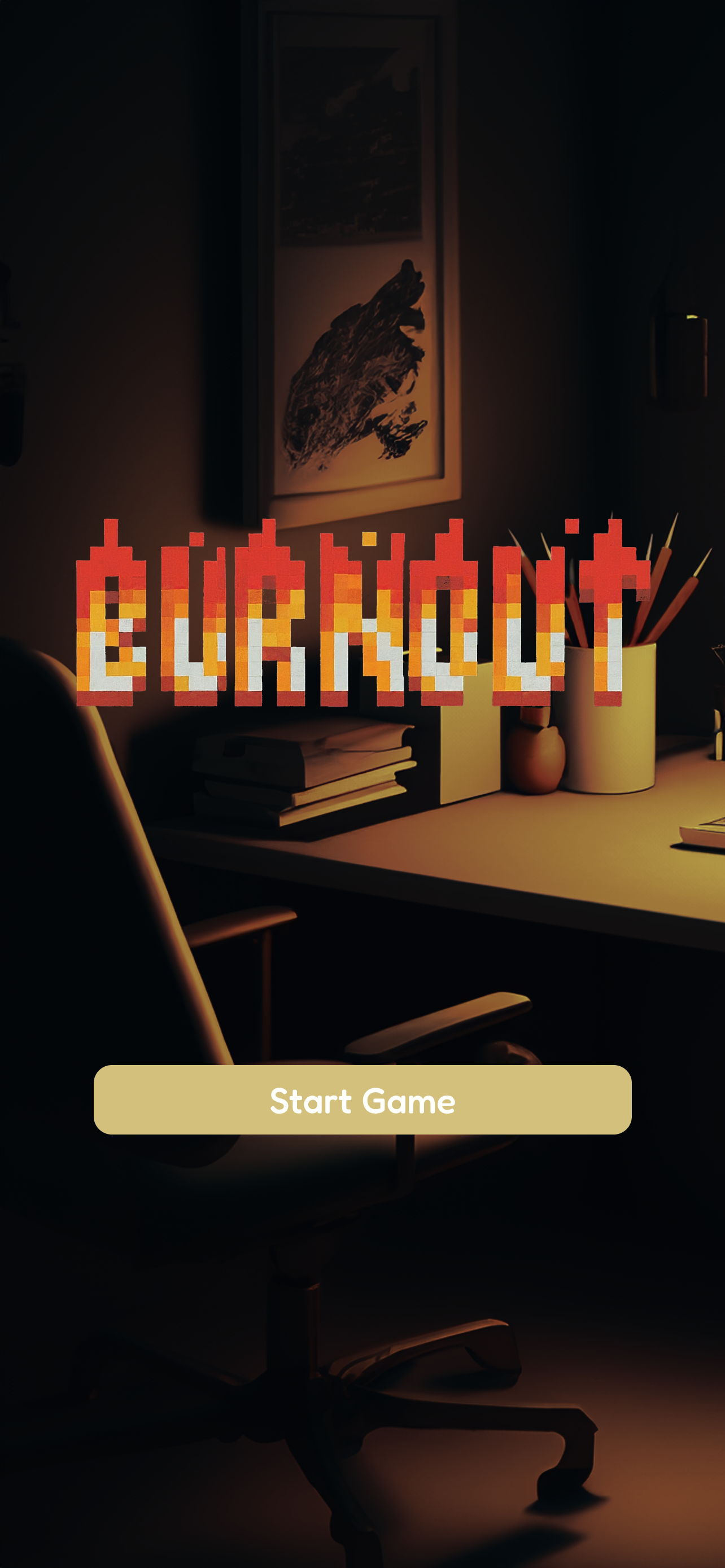
Problem Statement
Our research identified parent involution, a term coined by Cindi Katz that describes parents' excessive involvement in managing their children's upbringing (Katz, 2008), as a major source of stress for students in Singapore. This phenomenon appears to be a significant cause of anxiety among students from a young age, as early as primary school, likely due to the highly competitive Singaporean academic environment (Qing, 2021). This led us to formulate our problem statement as follows:
How might we design a roleplaying game that simulates the experiences and challenges faced by university students to raise awareness among parents about the stress and struggles their children encounter during their academic journey?
Game Learning Objectives
We developed our video game in the hope of evoking in parents three aspects of empathy towards university students:
The Game
Game Environment
BURNOUT features familiar environments frequented by university students, such as a classroom, campus corridor, meeting room, sports facility and even their own home.

University classroom

University corridor

Meeting room

Sports facility

Home
Game Characters
The game features characters such as the protagonist's best friend, coursemate, professor, and father.

From left to right: Verity Busy, Manny Ricky West, Dr. Ahkil, Dad
Game Actions
A strength of our video game lies wherein it does not require any instruction or facilitation, because the game is self-explanatory and engaging enough for players. In the game, players get to hold conversations with in-game characters and experience internal dialogues of the protagonist, allowing them to practise solipsistic introspection. Furthermore, players' choices throughout the game will determine the unfolding scenarios, creating a personalised experience.
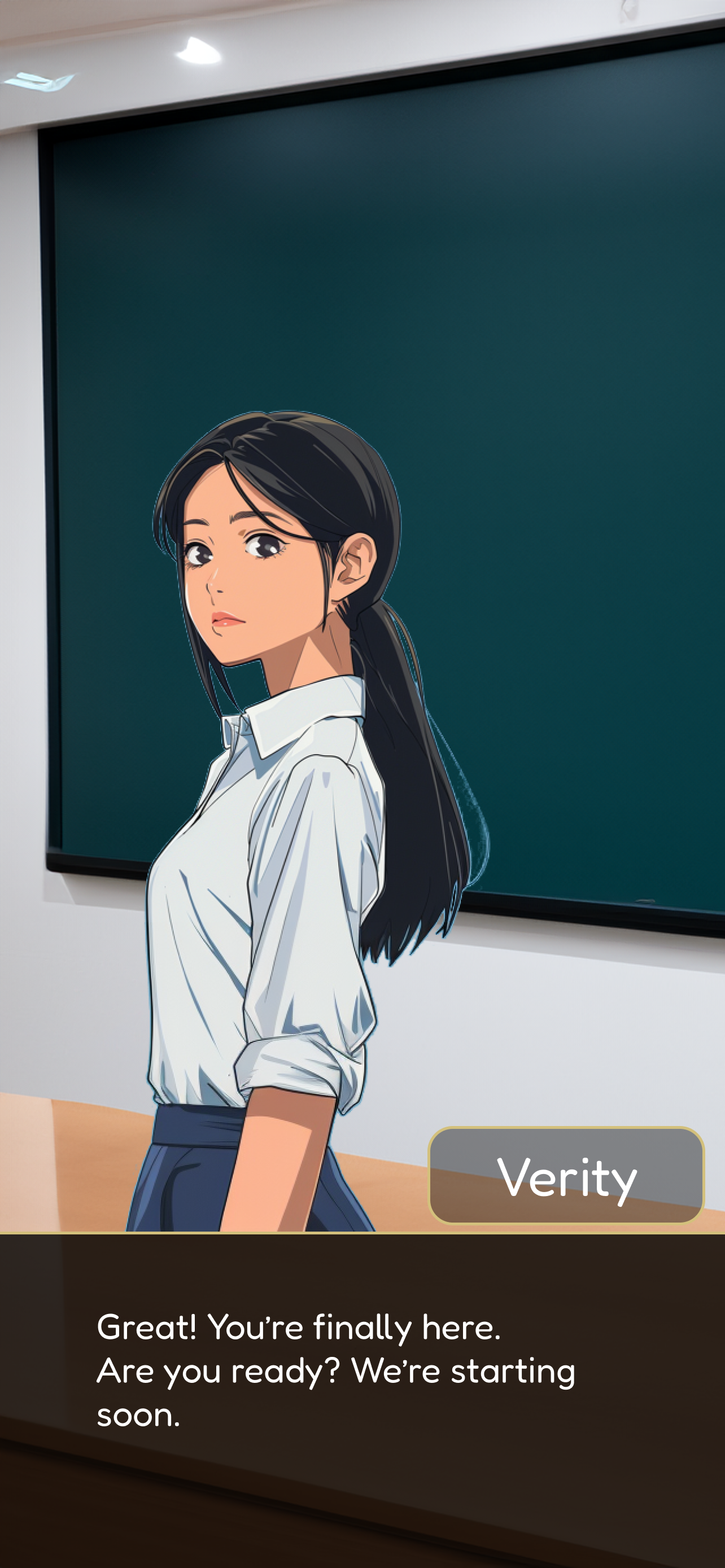
Converse with characters
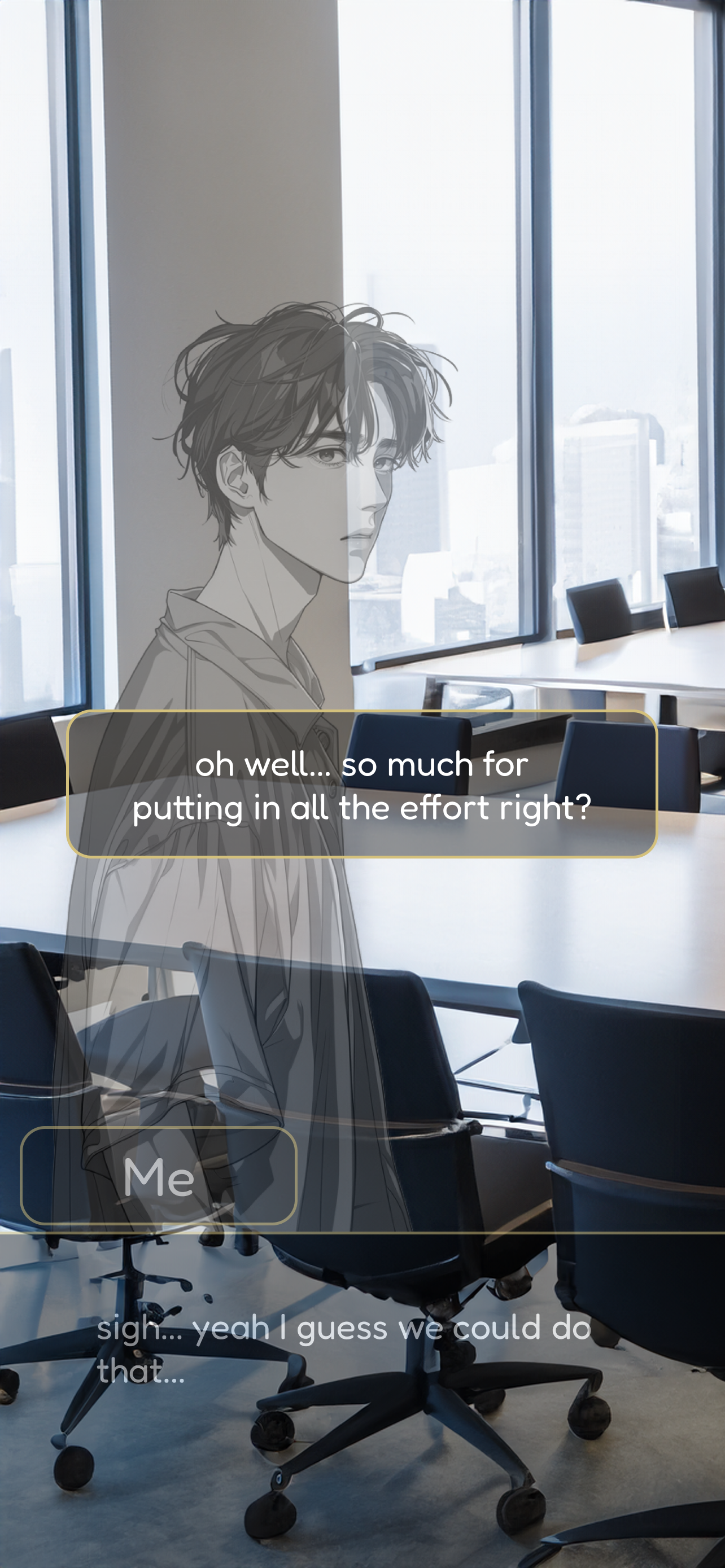
Experience internal dialogues
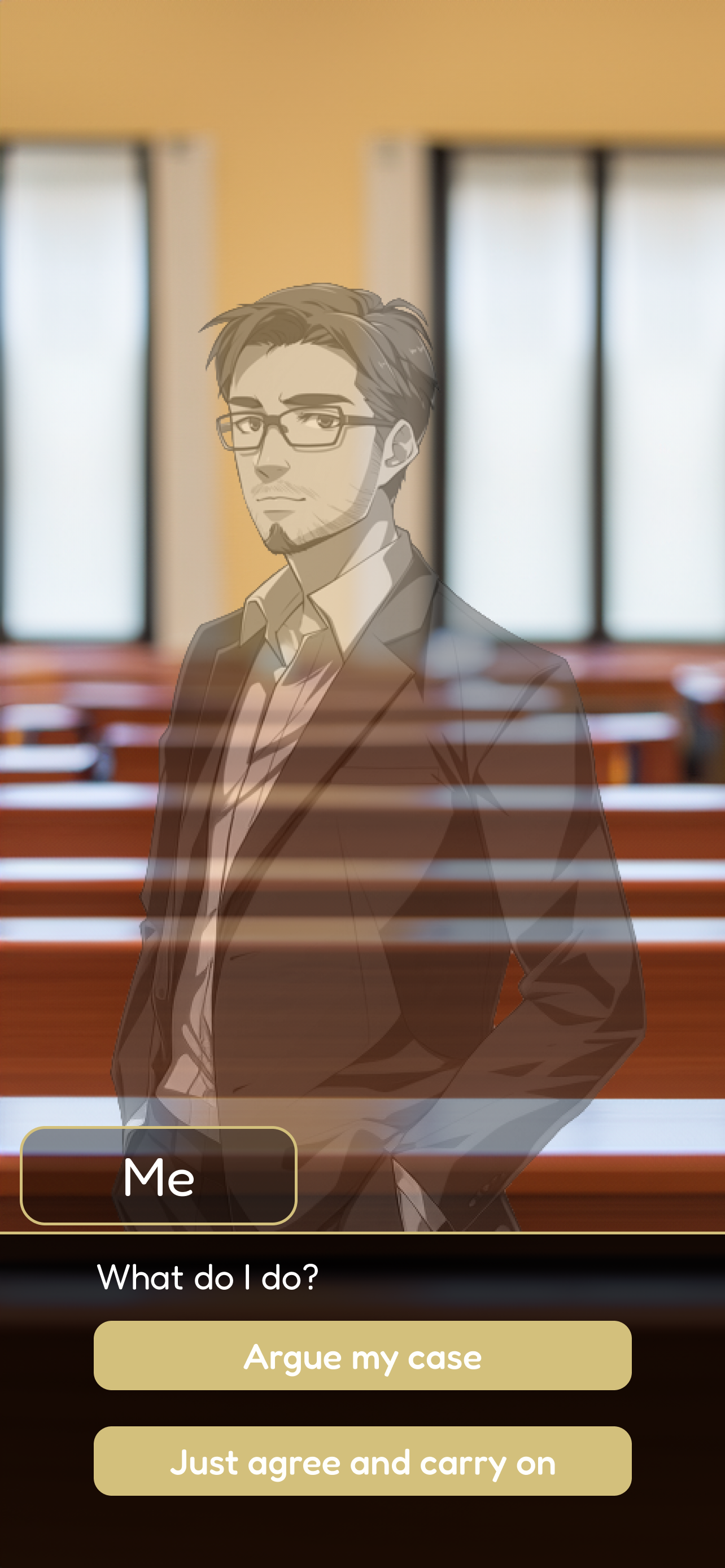
Decide your course of actions
This project was made possible by:
Lee Si Hao, Ten Wei Lin, Chua Po Siang Bridget, Tan Li Hui, Novian Micael Tan






